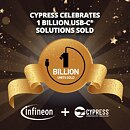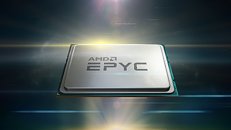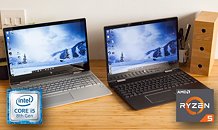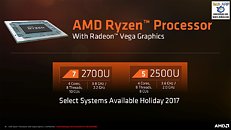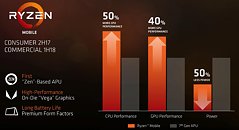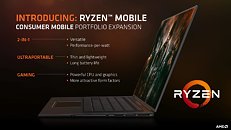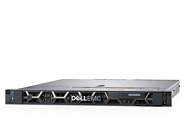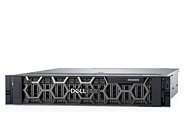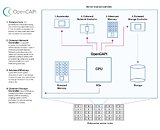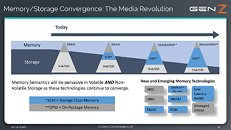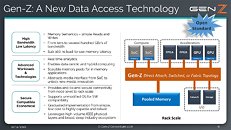Altair SimSolid Transforms Simulation for Electronics Industry
Altair, a global leader in computational intelligence, announced the upcoming release of Altair SimSolid for electronics, bringing game-changing fast, easy, and precise multi-physics scenario exploration for electronics, from chips, PCBs, and ICs to full system design. "As the electronics industry pushes the boundaries of complexity and miniaturization, engineers have struggled with simulations that often compromise on detail for expediency. Altair SimSolid will empower engineers to capture the intricate complexities of PCBs and ICs without simplification," said James R. Scapa, founder and chief executive officer, Altair. "Traditional simulation methods often require approximations when analyzing PCB structures due to their complexity. Altair SimSolid eliminates these approximations to run more accurate simulations for complex problems with vast dimensional disparities."
Altair SimSolid has revolutionized conventional analysis in its ability to accurately predict complex structural problems with blazing-fast speed while eliminating the complexity of laborious hours of modeling. It eliminates geometry simplification and meshing, the two most time-consuming and expertise-intensive tasks done in traditional finite element analysis. As a result, it delivers results in seconds to minutes—up to 25x faster than traditional finite element solvers—and effortlessly handles complex assemblies. Having experienced fast adoption in the aerospace and automotive industries, two sectors that typically experience challenges associated with massive structures, Altair SimSolid is poised to play a significant role in the electronics market. The initial release, expected in Q2 2024, will support structural and thermal analysis for PCBs and ICs with full electromagnetics analysis coming in a future release.
Altair SimSolid has revolutionized conventional analysis in its ability to accurately predict complex structural problems with blazing-fast speed while eliminating the complexity of laborious hours of modeling. It eliminates geometry simplification and meshing, the two most time-consuming and expertise-intensive tasks done in traditional finite element analysis. As a result, it delivers results in seconds to minutes—up to 25x faster than traditional finite element solvers—and effortlessly handles complex assemblies. Having experienced fast adoption in the aerospace and automotive industries, two sectors that typically experience challenges associated with massive structures, Altair SimSolid is poised to play a significant role in the electronics market. The initial release, expected in Q2 2024, will support structural and thermal analysis for PCBs and ICs with full electromagnetics analysis coming in a future release.
















